I'm having troubles running Ruby/RSpec tests against Safari 11 when I'm trying to run tests via ssh manually or via Jenkins (where machine where Safari exists is remote slave).
When executing tests, I'm getting following error:
Selenium::WebDriver::Error::WebDriverError:
unable to connect to safaridriver 127.0.0.1:7050
What is weird is that I'm able to run tests when I'm logged to the Mac machine directly. This leads me to the conclusion that there could be some permission which, by default, disables execution from ssh session but not sure why?
Also, to my knowledge, Safari Driver is part of Safari 10+ and as such is not installed anymore as extension
Update: I've found out that safaridriver executable that should be spawned by tests cannot be spawned from some reason when I login via ssh. Example:
/usr/bin/safaridriver -p 7050
It will just terminate with non-zero exit code while running same command directly on machine will run safaridriver in foreground. Since I expect Jenkins to be running test job on this machine, my idea to overcome this issue would be to launch safaridriver on this machine (by cron or launchctl) and then use this instance to connect to it with my tests. However, so far, I was not able to make my tests (Selenium/Capybara) re-use existing safaridriver instead of always trying to spawn new one on different port. Any idea on this would also be greatly appreciated.
This is my environment: OS: MacOS Sierra 10.12.6 Browser: Safari 11.0.2
Thanks in advance
